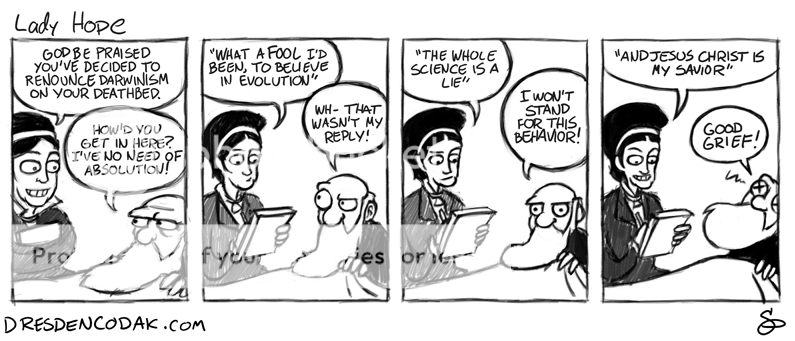I'm so tired of the way some "agnostics" separate themselves from other atheists in these discussions; as if they on a higher ground than the latter. You cannot label yourself as an "agnostic" without adding what you are agnostic ABOUT. There are 4 categories of people - all people can be boxed into one of these, whether you like it or not. Sorted after strength of belief (although some would argue that it takes at least as much faith to have a complete belief in God's non-existence as it does having a complete belief in His existence):
Gnostic theist
Agnostic theist
Agnostic atheist (Dawkins, and most other "reasonable" atheists - despite of Dawkins having lapses, probably due to his age)
Gnostic atheist (fanatic)
Most atheists fall into the third.
Let's look at the definition of agnosticism:
Agnosticism is the view that the truth value of certain claims—especially claims about the existence or non-existence of any deity, but also other religious and metaphysical claims—is unknown or unknowable.[1][2]
As you can see, it says nothing about your actual belief in the
thing's existence. That's why it's almost a non sequitur simply answering "I'm agnostic" to the question "Do you believe in God?"
The definition of gnosticism is a bit more difficult to tie down, but it's by definition the opposite of agnosticism - so a gnostic person possesses actual knowledge about the
thing's (non-)existence, ie. "I know God exists." These people are usually perceived as crazy.

